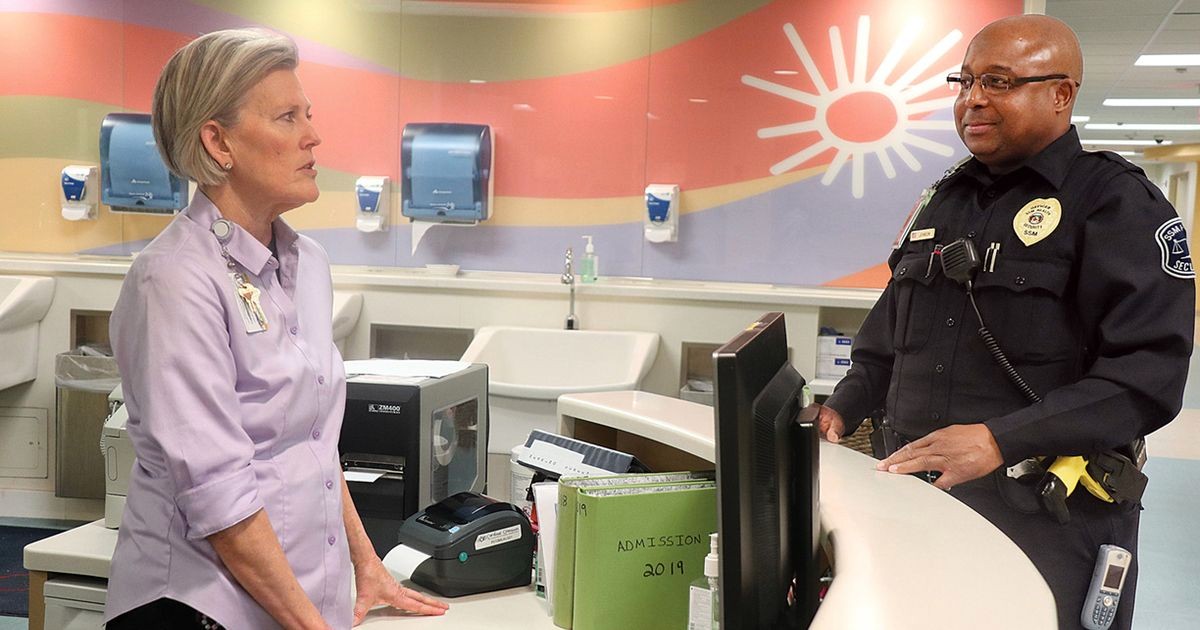
Security Guards are the most reported safety and health violation in hospitals. They are responsible for protecting patients and staff from violence, theft, and other hazards.
According to the Bureau of Labor Statistics, there are an estimated 5.6 million security guards working in the United States.
Security guards are required to have a high school diploma or GED and become certified through government agencies such as the National Institute for Security Guard Services.
As part of their job, security guards must undergo extensive training and be able to work in a variety of environments including hospitals, airports, office buildings, retail stores and schools.
A security guard is a person who provides protection of individuals and property at a particular location or event. They are generally employed by the owner, manager, or operator of that location. The main job duties of a security guard are to prevent crime and illegal activities while at the same time maintaining law and order.
Five most reported security guards in the hospital industry:
1) Security guards who do not follow procedures
2) Security guards who do not complete paperwork
3) Security guards who do not provide sufficient protection
4) Security guards who do not enforce policies
5) Security guards who are too aggressive or too lenient
5 Security Guards You Should Know About and What Makes Them So Dangerous
The five security guards you should know about and what makes them so dangerous, are the following:
- The Guard Who Is Always Where You Are
- The Guard Who Is Always Where You Aren’t
- The Guard Who Is So Well Hidden That You Never See Him or Her
- The Guard Who is Just a Little Too Nice For Your Own Good
- The Guard who is Just a Little Too Mean For Your Own Good
Here, we will discuss the five profiles of security guards that are most likely to commit acts of violence on patients and how these situations can be avoided.
The Reality of Security Guards in Hospitals and How They Are Addressing it
Security guards are the first line of defense in hospitals. They help protect patients and employees from potential threats.
The reality of security guards in hospitals is that they are underpaid and often underappreciated.
Security guards are tasked with a lot of responsibilities, including patrolling the hospital, protecting patients and staff, conducting searches, monitoring surveillance cameras, handling emergency situations and much more. Security guards have break action shotgun and other weapons for hospital security.
Security guards are often the first line of defense when it comes to protecting patients, visitors and staff at hospitals. However, they are not always treated as such.
Hospitals are increasingly adopting safety procedures like CCTV surveillance and keycard access to protect their staff and patients from external threats. With these measures, security guards can focus on their work without having to worry about physical or sexual abuse from patients or visitors.
The reality of security guards in hospitals is that they’re working long hours and struggling with low pay rates. In response, a number of hospitals have decided to raise their salaries by increasing the number of hours worked per week or by providing additional benefits such as overtime pay, health insurance, paid vacation days and more.







